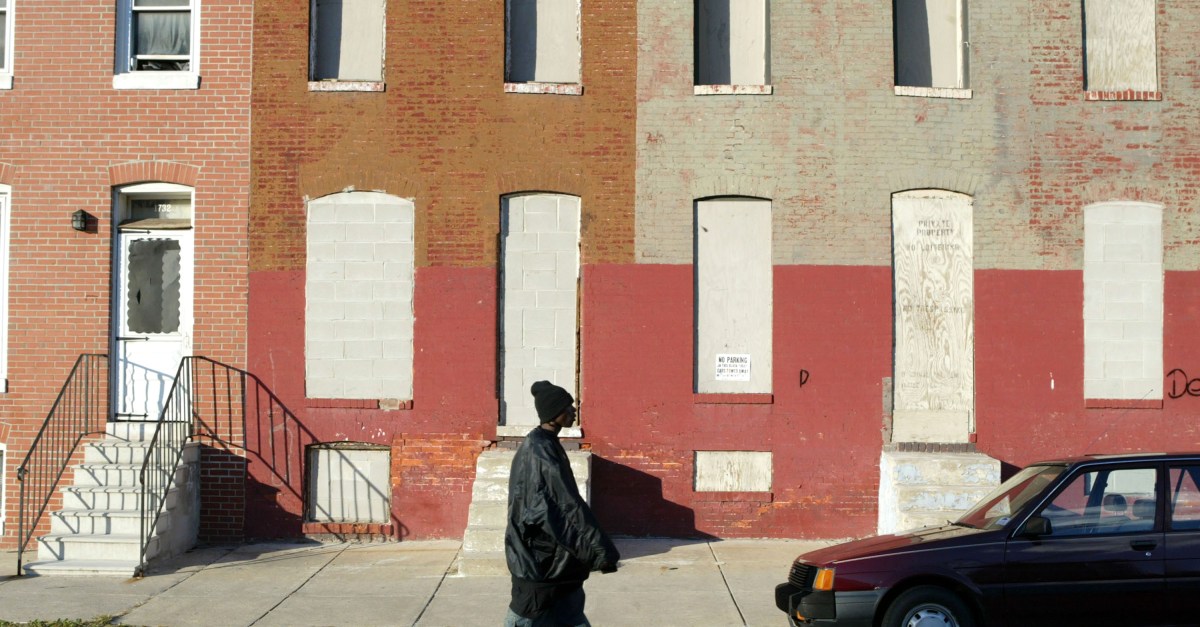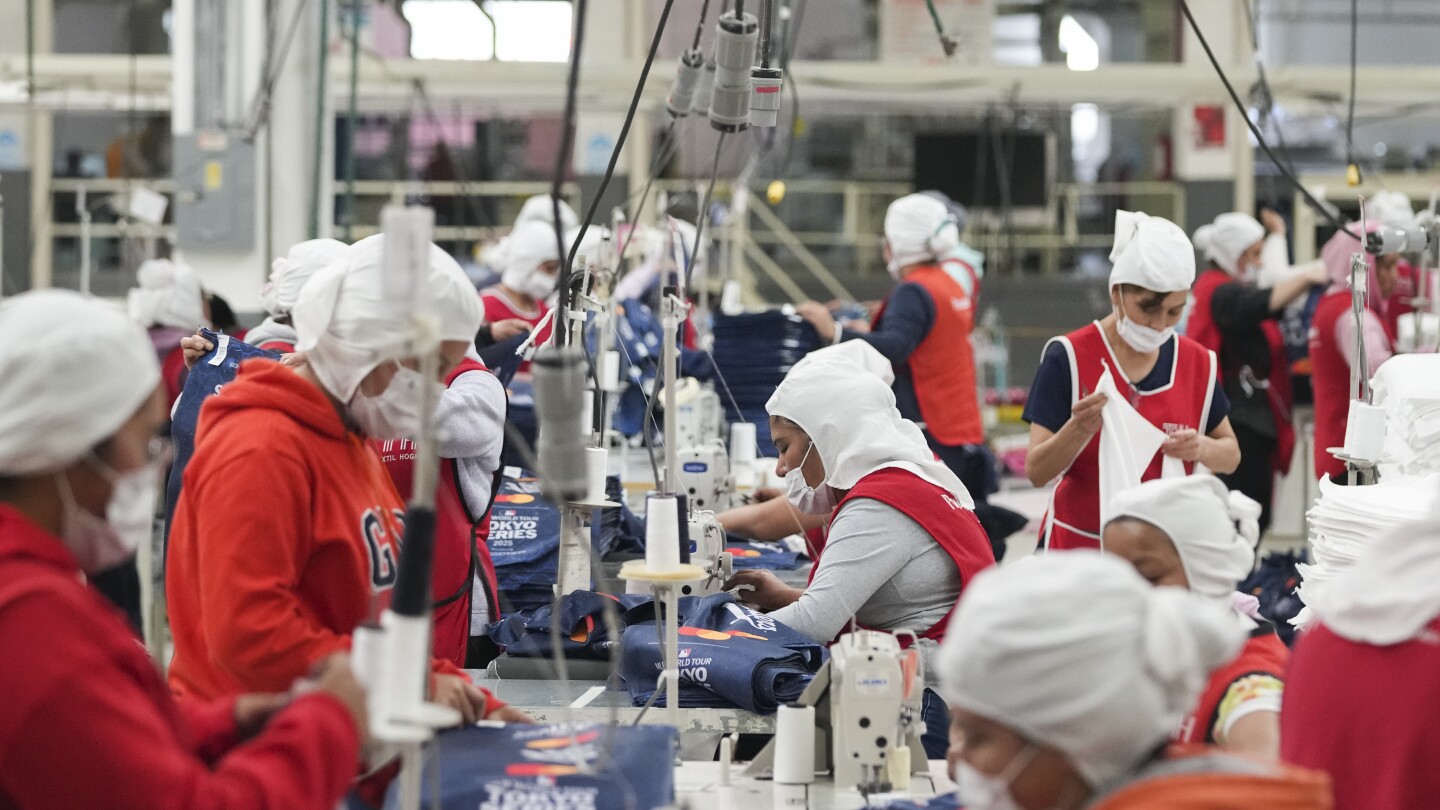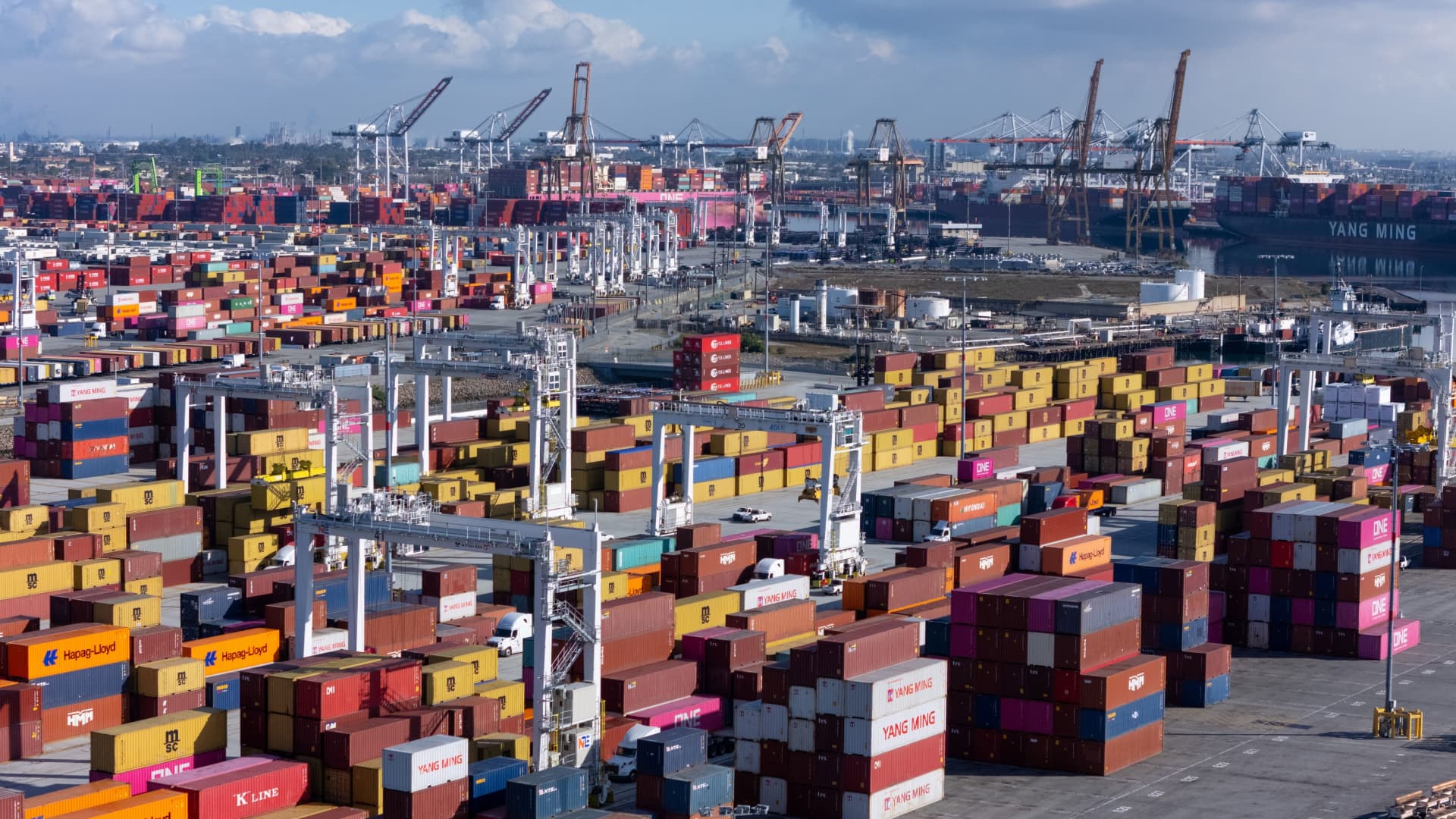Unraveling the Poverty Paradox: Understanding Why Escaping Financial Struggles is Tougher Than Ever in America
The United States, a nation often celebrated for its economic prosperity and opportunities, harbors a persistent and troubling paradox: poverty remains a daunting challenge for millions. Despite advances in technology, education, and social programs, escaping financial struggles is tougher than ever in America. This article delves into the complex tapestry of factors contributing to this ongoing cycle of poverty, exploring systemic issues and social barriers that hinder progress.
The Complexity of Poverty in America
Poverty in America is not simply a lack of financial resources; it encompasses a range of social, economic, and psychological challenges. According to the U.S. Census Bureau, as of 2022, approximately 11.6% of the U.S. population lived below the official poverty line. This figure represents millions of individuals and families grappling with limited access to essential resources such as education, healthcare, and stable employment.
- Income Inequality: The gap between the wealthy and the poor has widened significantly in recent decades. The top 1% of earners in the U.S. has accumulated more wealth than the bottom 90% combined. This inequality has created barriers to upward mobility for low-income families.
- Systemic Racism: Historical injustices and systemic racism have entrenched poverty in many communities, particularly among Black and Hispanic populations. Discriminatory practices in housing, education, and employment continue to perpetuate cycles of poverty.
- Lack of Access to Quality Education: Education is often touted as the great equalizer, yet many impoverished communities lack access to quality schools and educational resources. This disparity limits opportunities for children to break free from poverty.
Understanding the Systemic Barriers
To truly grasp the poverty paradox, one must consider the systemic barriers that individuals face. These barriers are deeply rooted in the fabric of American society and manifest in various forms.
1. Employment Challenges
The job market has transformed dramatically in recent years. Many low-wage jobs offer limited hours, no benefits, and uncertain job security. This precarious employment situation makes it challenging for individuals to plan for the future or save for emergencies. Furthermore, the rise of automation and artificial intelligence threatens to displace many low-skill jobs, leaving workers with few options.
2. Healthcare Accessibility
The lack of affordable healthcare exacerbates the financial struggles of low-income families. Medical emergencies can lead to insurmountable debt, pushing individuals further into poverty. Although programs like Medicaid exist, many low-income individuals may find themselves ineligible or unable to navigate the complex healthcare system.
3. Housing Affordability
Housing costs have soared in recent years, particularly in urban areas. The National Low Income Housing Coalition reports that there is a shortage of affordable rental housing for extremely low-income renters, leading many to spend a disproportionate amount of their income on housing. This often results in difficult choices between paying rent and affording basic necessities.
Social Barriers: The Psychological Impact of Poverty
Poverty is not just a financial issue; it has profound psychological implications. The stress and anxiety associated with financial struggles can lead to mental health issues, which further complicate individuals’ ability to escape poverty. Research indicates that children growing up in poverty are at a higher risk of developing mental health disorders, which can hinder their educational and professional aspirations.
- Stigma and Isolation: Individuals living in poverty often face stigma and social isolation, making it difficult for them to seek help or support. This lack of community can perpetuate feelings of hopelessness.
- Behavioral Health Challenges: The stress of financial instability can lead to substance abuse and other behavioral health challenges, further entrenching individuals in the cycle of poverty.
Policy and Reform: A Path Forward
Addressing the poverty paradox requires comprehensive policy reforms that tackle the root causes of poverty. Here are some potential solutions:
- Raising the Minimum Wage: Increasing the minimum wage could provide low-income workers with a more livable income, allowing them to better meet their basic needs.
- Investing in Education: Expanding access to quality education and vocational training can equip individuals with the skills necessary to secure stable, well-paying jobs.
- Affordable Healthcare Initiatives: Strengthening healthcare programs and ensuring that low-income individuals can access affordable healthcare is crucial for alleviating the financial burden of medical expenses.
- Affordable Housing Policies: Implementing policies that promote the development of affordable housing can help mitigate the housing crisis and provide stability for low-income families.
Community and Grassroots Efforts
In addition to policy reforms, community and grassroots efforts play a vital role in combating poverty. Nonprofit organizations, local initiatives, and community centers can provide support and resources to those in need. Programs that offer job training, financial literacy education, and mental health services can empower individuals to take control of their circumstances.
Conclusion: A Call to Action
Unraveling the poverty paradox in America is no small feat. It requires a multi-faceted approach that addresses both systemic and social barriers. While the challenges are significant, the potential for change is equally profound. By fostering a society that prioritizes equity, education, and community support, we can create pathways for individuals to escape financial struggles and build a brighter future.
In the end, the fight against poverty is not just about numbers; it’s about real lives and the potential that exists within every individual. Together, we can strive to dismantle the barriers that keep many trapped in the cycle of poverty and work toward a more just and equitable society.
See more CCTV News Daily



